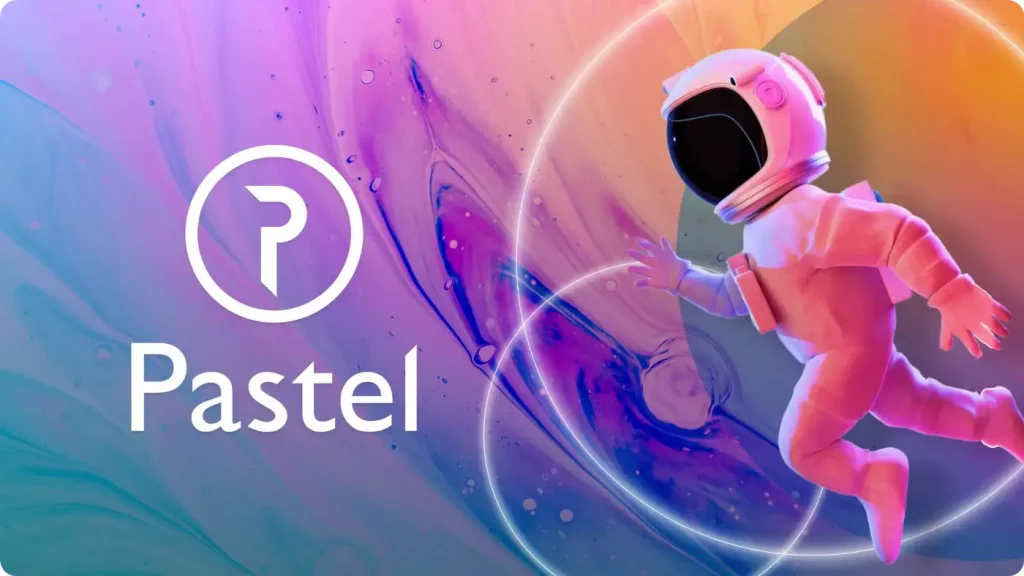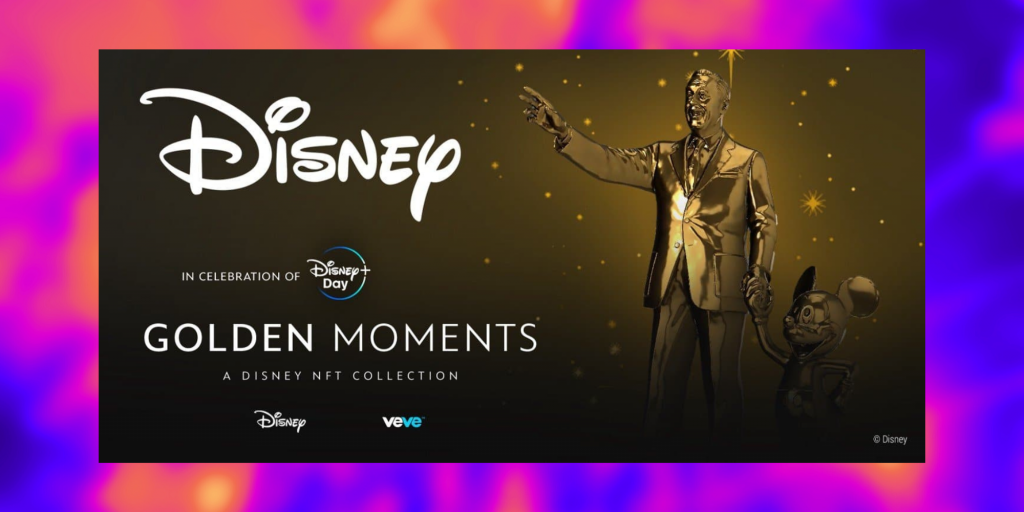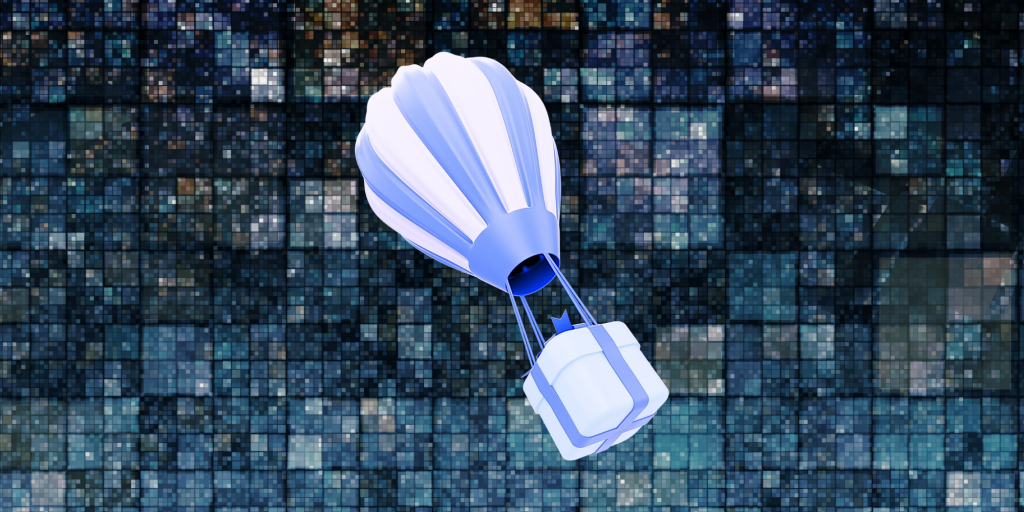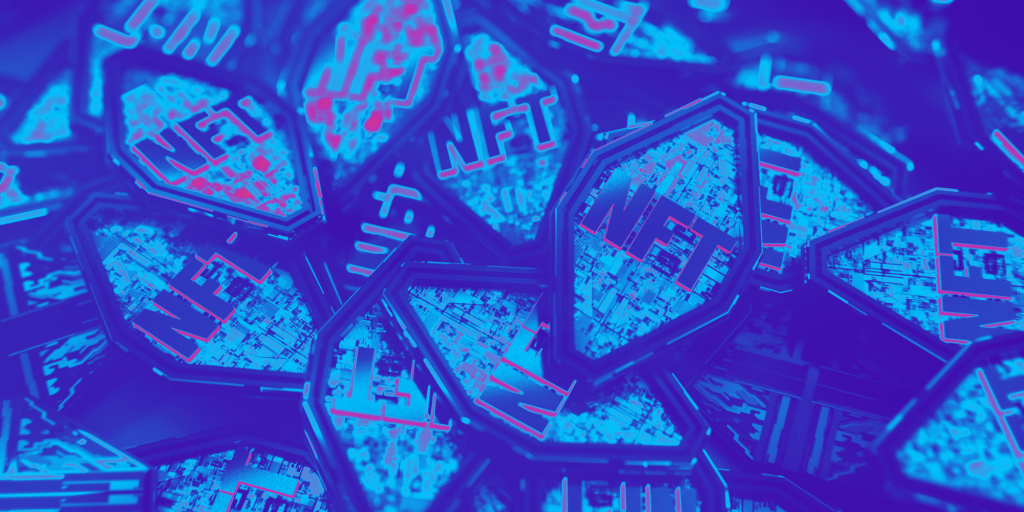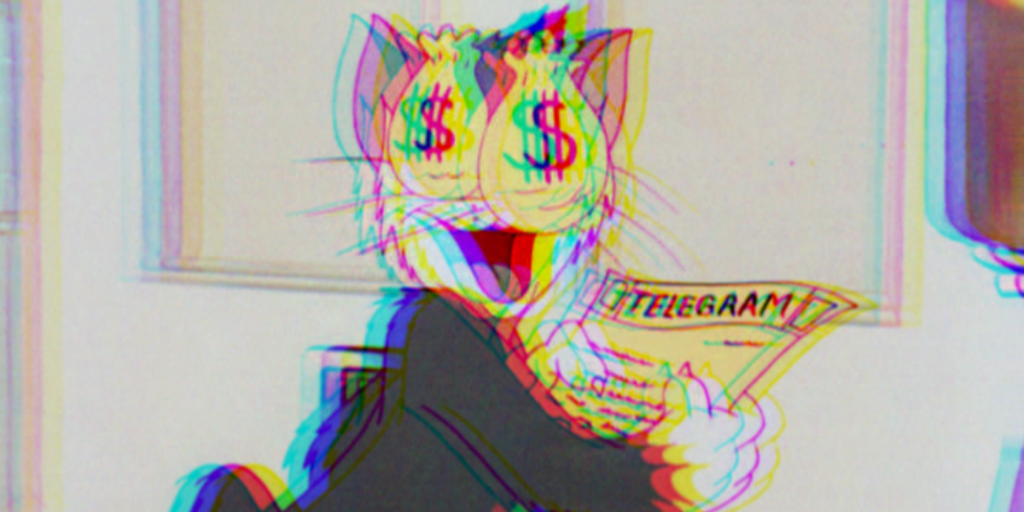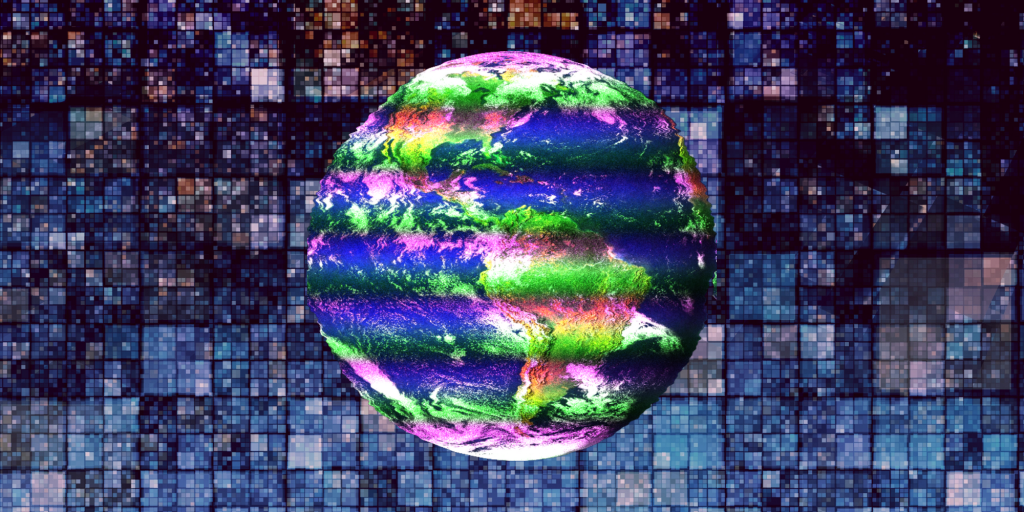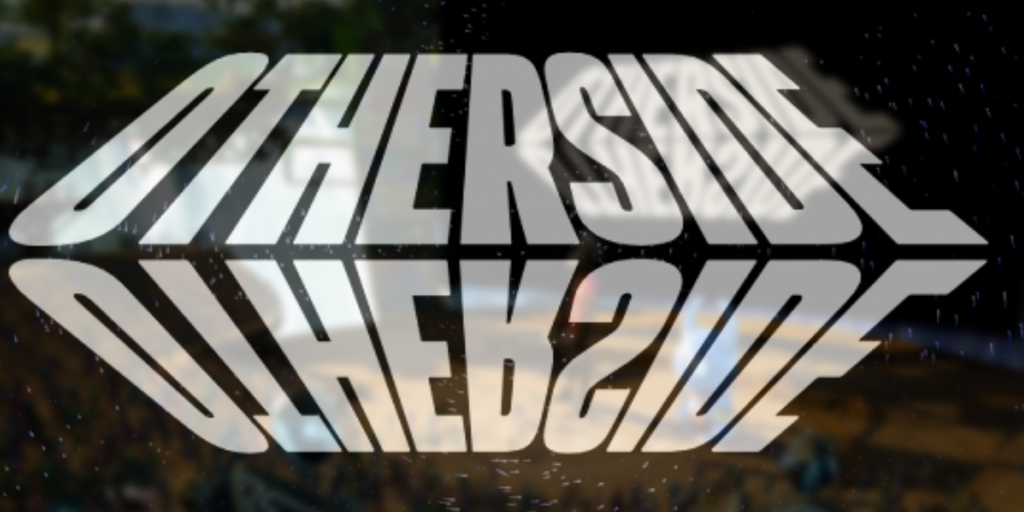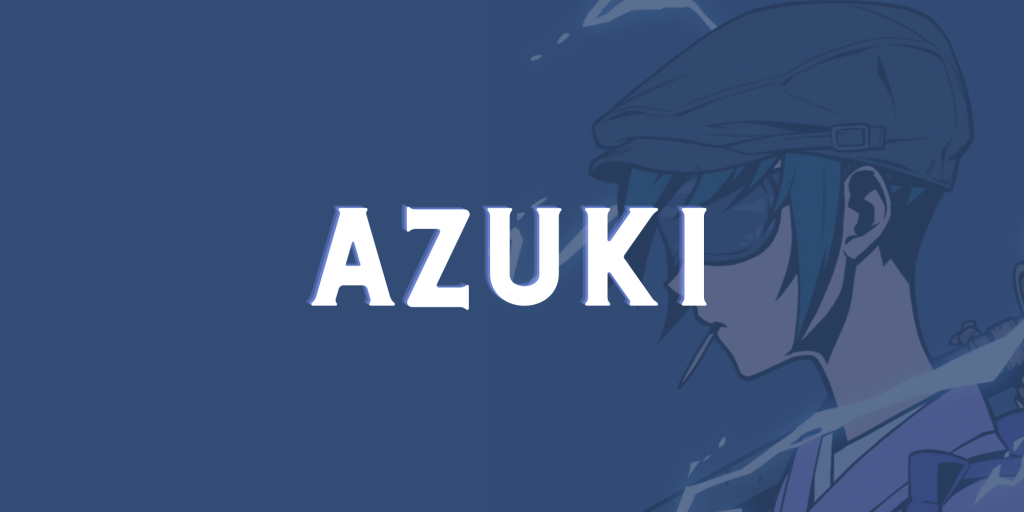NFT-based games integrate traditional gaming concepts with blockchain technology, non-fungible tokens (NFTs), and other decentralized financial elements.
Gamers are loving GameFi (the intersection of gaming and NFTs, and even DeFi) for three main reasons:
- True ownership: While in conventional digital games, players can buy in-game assets, those assets don’t actually belong to them. On the other hand, NFT-based games give players complete control over their assets– in-game assets like cards, lands, avatars, or swords are NFTs.
- Verifiable rarity and uniqueness: Non-fungibility makes it possible for creators to make 100% unique tokens, as well as programming different rarity levels for the assets. Naturally, some items in games will be scarcer or more useful than others, and their value should reflect that. Since everything happens on the blockchain, it’s easy to verify the scarcity, uniqueness, and authenticity of each asset.
- Opportunity to earn income while playing: These games implement play-to-earn mechanisms. By participating in games, players can earn cryptocurrencies and in-game items that have real-world value. Many games have their own secondary markets for trading.
NFT-Based trading card games are getting so much attention because they’re a perfect mesh for most any game genre, from role-playing games to fighting games. One of the most popular gaming categories is card trading.
For many people, training card games, or TCGs, revive childhood memories of collectible card games while at the same time offering a new way of generating revenue.
In play-to-earn NFT-based card trading games, each card is a non-fungible token (NFT), usually in ERC-721 standards. They enable the play-to-earn mechanism using common elements found in GameFi, such as an in-game currency and a marketplace.
Here are the top NFT-based trading card games.
Gods Unchained
Gods Unchained is the most popular trading card game in the blockchain universe. It runs on Ethereum and Immutable X.
Gods Unchained is a free-to-play fantasy-themed turn-based, tactical card game; players must build their decks based on a strategy.Â

By playing the game, you can earn common core cards. Those cards can’t be traded on the marketplace; at this point, they are not minted on the blockchain. It’s possible to increase the value of these common cards, by earning “fluxâ€, a resource gained by winning the ranked games.
Gods Unchained has a process called The Forge, in which players who have earned enough flux can merge two identical core cards into one by spending flux. This process creates higher-quality cards, and since the forged cards are minted on the blockchain, they can be sold on the blockchain, sometimes for a hefty profit.
Splinterlands
Splinterlands game runs on the Hive blockchain.
You can test the game for free, but to start playing, you need to buy a starter set for $10.You can get new cards by buying packs from the shop or individual items from other players in the marketplace. You can also sell your assets on this marketplace.
One of the highlights of Splinterlands is its cross-compatibility with multiple blockchains, enabling users to trade their cards on several marketplaces.
In addition to selling your cards, you can earn in Splinterlands by getting its in-game currency DEC (Dark Energy Crystals). There are a couple of ways to acquire DEC in the game. First, by winning ranked battles, and second by destroying the cards you don’t use anymore. You can use DEC to buy assets from the game’s shop.
Another way to earn on Splinterlands is renting your cards via peakmonsters.
Sorare
Sorare is a fantasy football game built on the Ethereum blockchain.
You can collect player cards and build teams, and as with real-world trading card games, the real value comes from the most valuable player cards. Depending on the rarity of the card, it can get quite expensive.
The Sorare play-to-earn mechanism enables users to participate in tournaments, where users can earn points and rewards based on their team’s performance.
Dark Country Game
Dark Country is a trading card game on the WAX blockchain with gothic-themed characters like zombies, ghosts, and haunted Indians.
In addition to cards, players can own heroes, items, and lands as NFT assets. Players can stake Dark Country assets on rplanet.io and collect cards on collect.social to gain the platform’s Racoon tokens.Â
Dark Country has a weekly forging activity similar to Gods Unchained’s The Forge called Heroes Reforge and Staking. Players need to burn four heroes of the same type in order to receive a new hero with better quality. They can then stake this improved asset to earn rewards.
Dark Country has recently introduced land assets compatible with WAX and Flow blockchains.
With lands, several new revenue generation options will be possible soon, such as land leasing and staking the platform’s in-game currency Shadow Dime (SDM) on lands.
Final Thoughts: Emerging Exciting New TCG Projects
While some may argue that the game mechanics of most NFT-based games are primitive and “not quite there yet,†TCGs marry the simplicity of a trading card game with the blockchain very well.
A few more exciting TCG projects to keep an eye on include:
- Skyweaver, a free-to-play Ethereum-based game in beta mode. Players have three grades of cards: base, silver, and gold. Base cards can’t be traded, but silver and gold cards can be. You earn silver cards via ranked rewards and conquest, and gold cards via conquest.
- Parallel, a science-fiction-themed card game also based on the Ethereum blockchain. The team built its own NFT drop system. The project is currently raising funds by selling drops, which contain cards. These cards will have utilities once the game development is complete.
- Metropolis Origins, is a cyberpunk-themed card game by QXR Studios running on the WAX blockchain. It’s a sequel to game designer Graeme Devine’s adventure game Metropolis. The game released a founder NFT pack that enables owners to play the game in beta mode.
The evolution of blockchain card games will be one to watch, as more implementations of conventional card games on the blockchain continue to emerge. With NFTs’ programmable nature, we can expect to see the evolution of more dynamic, and potentially lucrative and competitive, playing card games in the near future.
